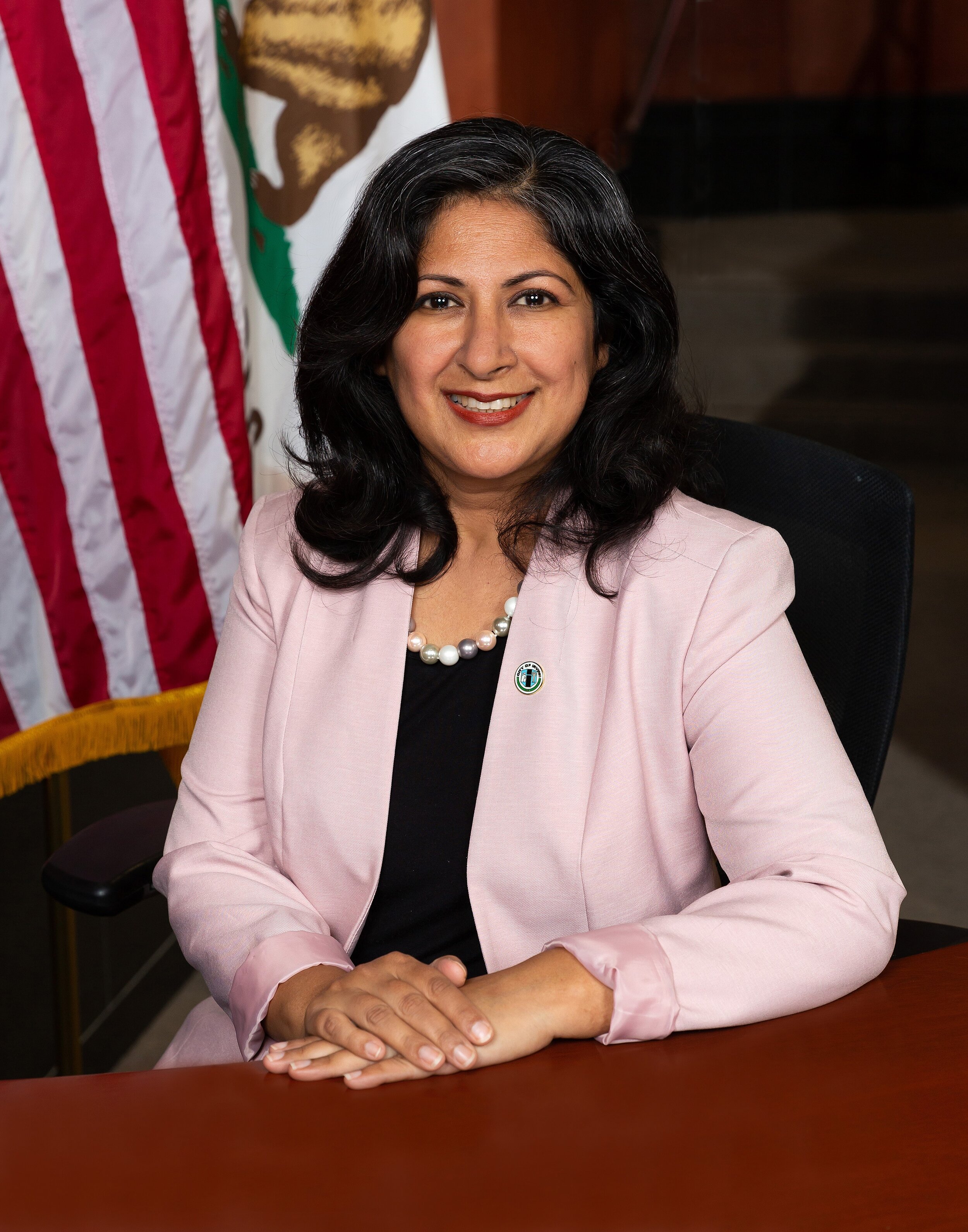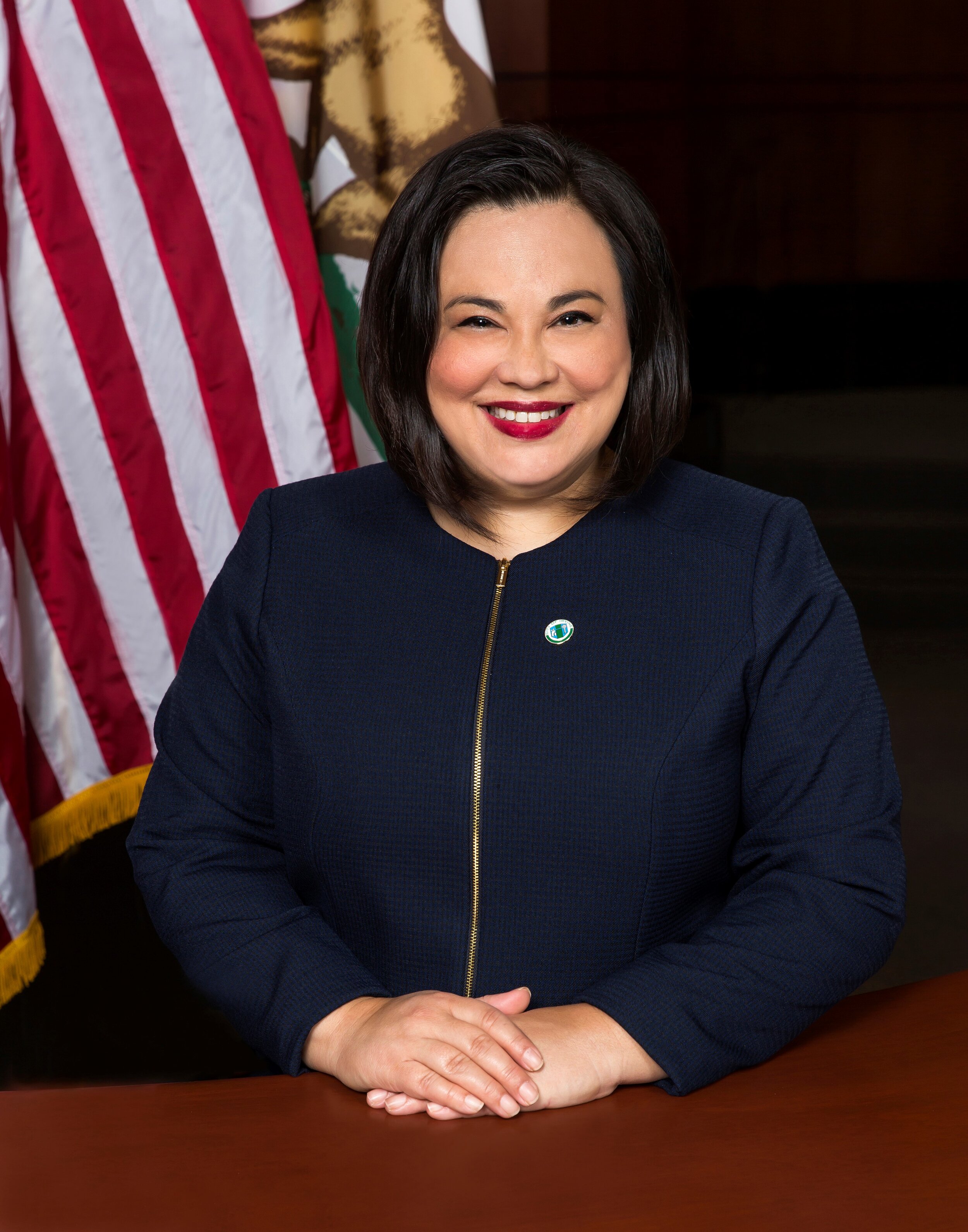Inside City Council: Larry Agran
City Councilmember Larry Agran has served on Irvine’s city council for every decade of our city’s history. Photo credit Tony Kawashima
In the latest in our Inside City Council series, we meet with Irvine’s most senior Councilmember, Larry Agran. Having served a cumulative twenty-eight years on the City Council over the past four decades, Agran feels he has more to give.
“The causes that I'm fighting for are important,” says Agran. “I'm in it for all the right reasons. My health is good. As long as it's still rewarding to serve and as long as I'm still getting the job done, I haven't put any limits on it.”
As a Southern California native who has held a seat on the City Council in every decade since Irvine’s inception, he has witnessed each step of the city’s progress. When asked about his proudest moments as a City Councilmember, he starts with securing the Irvine Open Space Plan in 1988.
“After ten years of arm wrestling with Irvine Company, we managed to set aside over 10,000 acres of natural open space lands to be permanently preserved, free of development,” Agran says. “Anything you see now by way of open space, that is preserved in perpetuity. It was the result of that agreement, ratified by the voters.”
Another highlight of Agran’s City Council tenure is defeating the proposed conversion of El Toro Marine Corps Air Base into an international airport.
“We defeated that and instead won countywide passage of what is now the Great Park,” recalls Agran. “We have thirteen hundred acres of metropolitan park land rather than an airport.”
Agran’s third highlight from his time on Irvine’s City Council is not yet fully realized.
“It's not an achievement yet, but we're getting close,” promises Agran. “Once we have the voter-approved Veterans Memorial Park and Cemetery under construction at the Great Park, I'll consider that yet another highlight.”
What’s the deal with Irvine’s fight over a Veterans Cemetery? A brief history, in Councilman Agran’s own words, explains his side of the issue.
The Veterans Cemetery has been a source of contention within Irvine since 2013. Unfortunately, the saga continues to take up valuable City Council time.
“The fight is still continuing because the developer just refused to let go of the idea of moving the Veterans Memorial Park and Cemetery and using that ARDA site for other purposes,” says Agran. “I've just got to live long enough to do it.”
Agran’s life experience gives him a different perspective. He hopes to use his experience to benefit his fellow Councilmembers.
“I think it's kind of an inherent responsibility to use the experience you've gained and the lessons you've learned to mentor others,” says Agran. “Of course we've been inhibited a bit by the pandemic and all the rest, but I would like to hear from other Councilmembers asking for my thoughts, my advice, my contributions that I can make to their understanding of issues, so that we can move forward together in a better fashion. But of course we've only been together as a council for a few months. So I'm hoping there’ll be opportunity for building stronger productive working relationships.”
This passion to mentor fellow Councilmembers comes from Agran’s love of Irvine. It runs deep.
“I love the fact that we are a planned community, which has been planned for people,” says Agran. “Not just for developers. Not for profiteers. I love the villages, the neighborhoods, the neighborliness that has been planned for. And I love the people. Most people in the city buy into a very affirmative vision for this new planned city that is unfolding in ways that are very, very positive.”
Despite this rosy outlook, Agran is not blind to Irvine’s challenges.
“Have we made some mistakes and do we have a lot of improvements to make?” asks Agran. “Of course we do. But generally the people of the community want to move forward along the lines of what we've achieved.”
When asked which questions Agran would personally like to answer, he picks two: what is his biggest disappointment in Irvine and what we can expect from Irvine’s future.
“As a planning matter, my biggest disappointment is that we built a wonderful transportation system to accommodate almost exclusive dependence on the private automobile, instead of building the kind of balanced transportation system that incorporates shuttles and use of rail technology and all varieties of ways to reduce our dependence on the private automobile,” says Agran. “I think we have a long way to go in that regard. I was advocating a much more balanced transportation system in the 70s, 80s, and 90s, but for the most part, couldn't persuade my colleagues on the Council and the developers that we needed to change our thinking in those regards. So we have a problem today and we need to deal with it.”
Agran hopes emerging technology can help fix the problem.
“I think it's very important to invest much more money in our public transportation systems, including shuttle bus systems, so that people can learn to live with one less automobile,” explains Agran. “Instead of two or three in the household, you would have one or two. And how can you do that? If people are living close to their work in Irvine, you ought to be able to get to and from work on a shuttle system. And indeed it could be driverless autonomous vehicles that can be picking them up in the morning and returning them home in the afternoon. And of course, this would be extraordinarily beneficial for the people of modest, or even low income. We have a lot of people in Irvine in affordable housing, principally in apartment buildings, who too often have to support the very large expenses of a private automobile, instead of being able to avail themselves of public transportation.”
As for what Irvine’s future holds, Agran hopes we can learn from the pandemic and face future public health challenges head on.
“We need to be, as a city, much more prepared by way of public health resources and infrastructure,” says Agran. “We should in time have our own Department of Public Health. It could start out as an Office of Public Health that includes a chief medical officer or chief public health officer, as well as substantial nursing staff and other health professionals to address the public health needs in our city of nearly three hundred thousand people. We went into the pandemic unprepared in that regard. We relied instead upon the Orange County Health Agency, under the Board of Supervisors, which was itself unprepared and the results were horrific. Many, many, many more cases and many, many more hospitalizations, and of course many, many more deaths than needed to happen.”
Indeed, Agran has big plans for tackling our city’s challenges. He hopes to improve every aspect of Irvine living.
“It's about the balance of the plan for the city,” Agran says. “Parks and recreation areas, affordable housing, dealing with our transportation problems, modernizing the city in many respects to stay in the lead on planning matters, all of these things require continuing attention. I still get great satisfaction out of achieving these goals for the benefit of our city and our citizens.”




